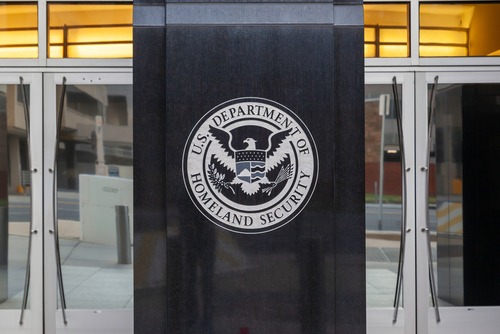
The Offices of Countering Weapons of Mass Destruction and Health Security Act, authored by U.S. Senators Gary Peters (D-MI) and John Cornyn (R-TX), advanced out of committee this week, clearing the first hurdle to reauthorizing and jumpstarting new efforts at the Department of Homeland Security.
“Weapons of mass destruction, including chemical and biological weapons, could have catastrophic affects if used in an attack on the United States,” Peters, chairman of the Senate Homeland Security and Governmental Affairs Committee the bill just cleared, said. “The Department of Homeland Security needs the right tools and resources to protect our nation from these dangerous threats. This bipartisan legislation will help ensure our nation is prepared to prevent potential attacks and effectively respond in a worst-case scenario.”
In terms of tools, the bill would ensure two specifically: the Countering Weapons of Mass Destruction (CWMD) office and the Office of Health Security.
It would reauthorize the CWMD office and make its work permanent, while clarifying its roles and responsibilities for chemical and biological threats. At the same time, congressional oversight of that office would expand under the legislation, requiring it to submit a report on its strategy to counter WMDs and other emerging threats to lawmakers every four years.
At the same time, it would make the brand new Office of Health Security a permanent feature of DHS as well, setting it up to lead on issues of medical and workforce health-related security threats, such as providing medical care in the event of WMD attacks. Such weapons, which include chemical, biological, radiological and nuclear weapons, have the potential to wreak havoc on people and the world they live in, inflicting mass casualties, agricultural devastation and economic collapse.
“We must be able to recognize and combat the growing number of threats to our national security, including weapons of mass destruction,” Cornyn said. “This bill would enhance our ability to prevent potentially devastating biological, nuclear, and chemical attacks and to respond effectively in a time of crisis.”
Their bill heads next to the full Senate for further consideration.




